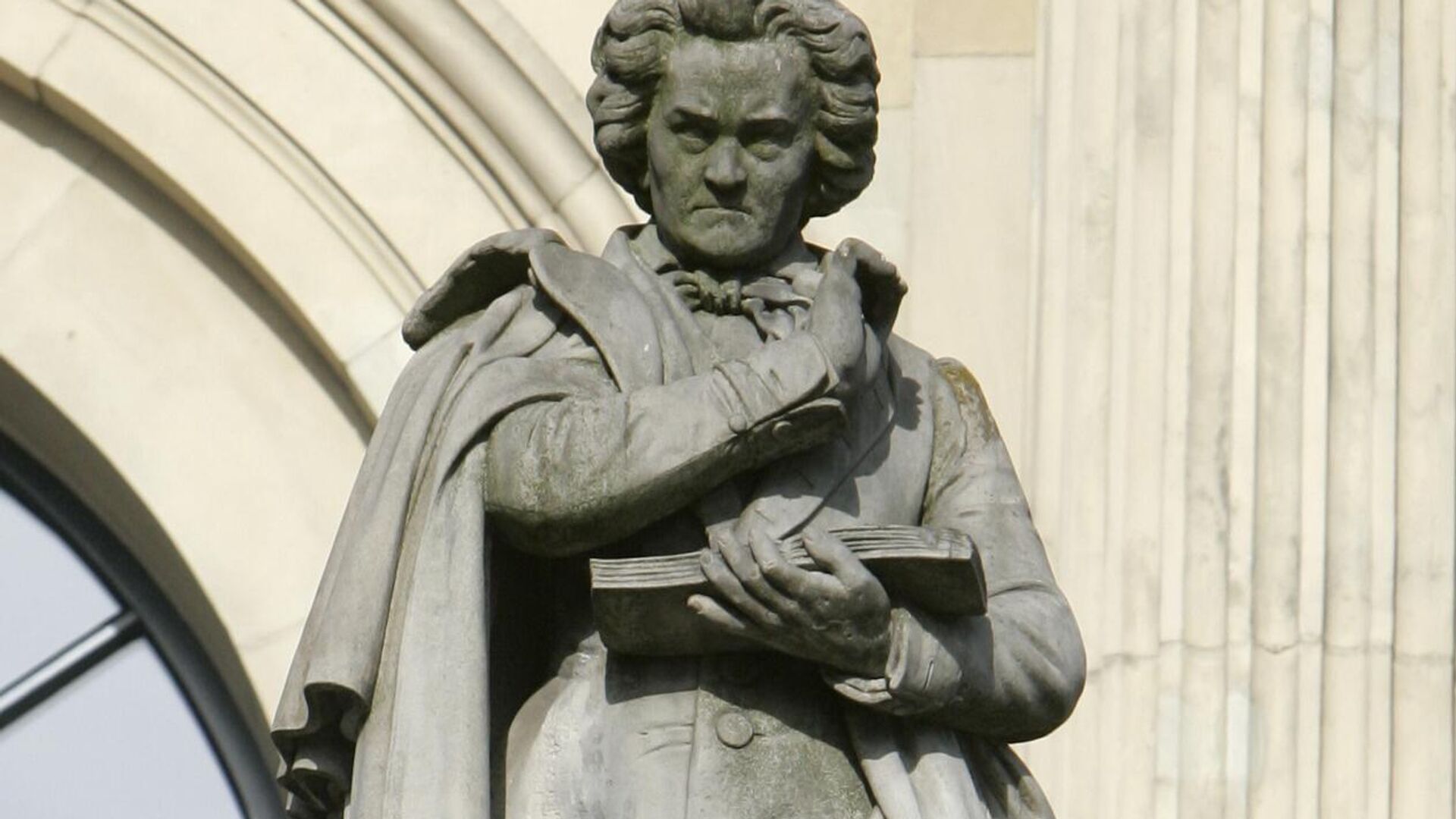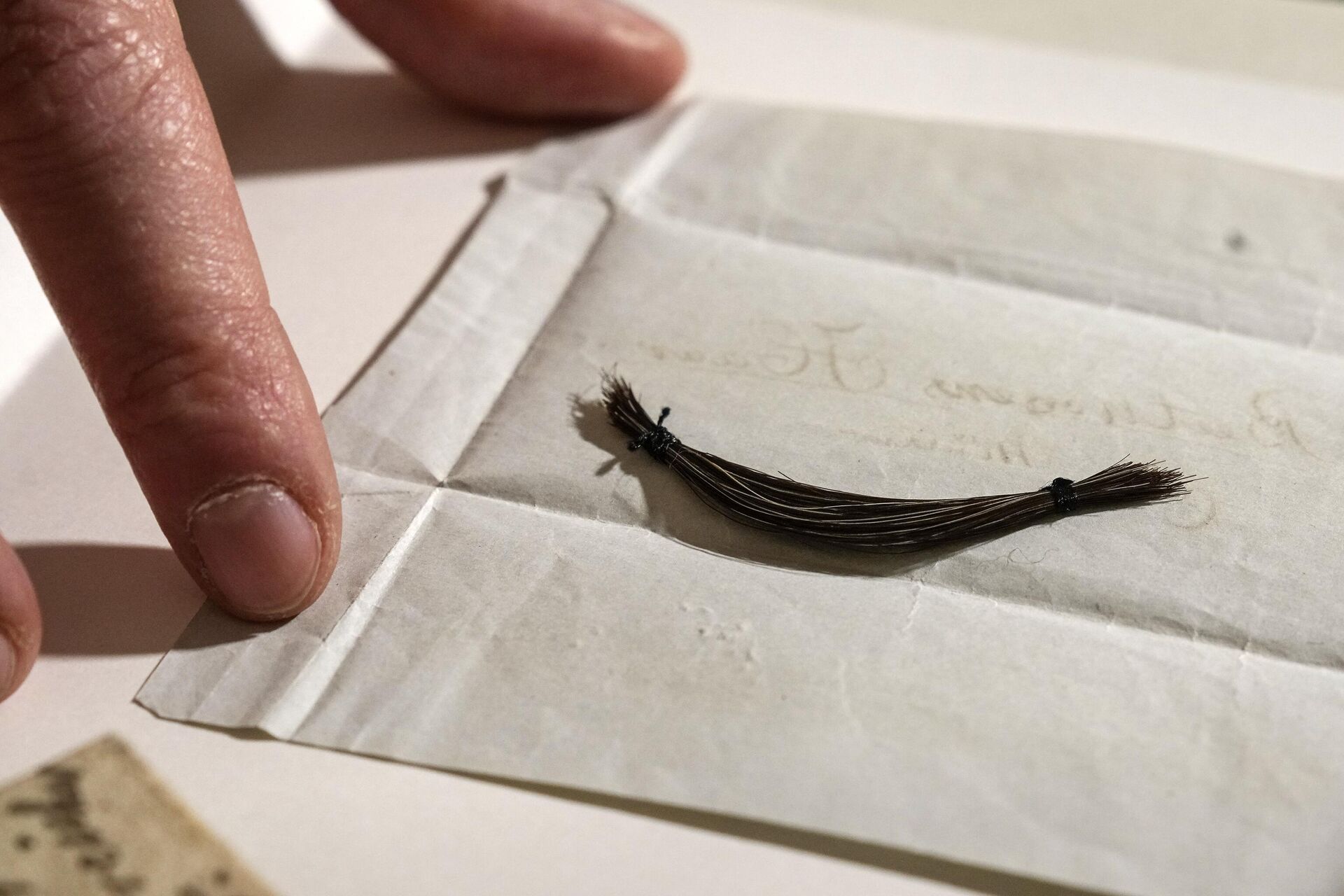Scientists Say They Used Beethoven’s Hair to Identify Cause of Death, 200 Years Later

© AP Photo / Joerg Sarbach
Subscribe
While experts have long agreed that the celebrated pianist most likely died of cirrhosis, the exact causes of that condition was never quite clear – until now.
An analysis of hair belonging to Ludwig van Beethoven has put an end to long-standing debates over the cause of the famed composer’s death, scientists announced on Wednesday.
A team of researchers declared that their findings showed Beethoven was naturally predisposed to liver disease and later became infected with hepatitis B.
Scientists explained that "although we could not identify a genetic explanation for Beethoven's hearing disorder or gastrointestinal problems, we found that Beethoven had a genetic predisposition for liver disease."
The historical record indicates the composer, who was long plagued by health problems, was quite conscious of his imminent demise. As researchers noted, a full 25 years before dying, "Beethoven requested that following his death, his disease be described and made public."
Now, nearly two centuries later, scientists say they’ve done exactly that.
"Metagenomic analyses revealed furthermore that Beethoven had a hepatitis B infection during at least the months prior to his death," they wrote, concluding: "Together with the genetic predisposition and his broadly accepted alcohol consumption, these present plausible explanations for Beethoven’s severe liver disease, which culminated in his death."
To draw their conclusions, scientists used advanced DNA analysis which allowed them to sequence Beethoven’s entire genome from locks of hair that admirers kept as keepsakes following his death.
This meant that researchers were forced to rely on hair samples of uncertain origin, which had mostly been passed down from generation to generation since the passing of the celebrated composer in 1827.

The original locks of Ludwig van Beethoven are presented at the Beethoven Haus in Bonn, Germany, that were used to sequence the genome of the world famous composer by an international team of researchers led by Cambridge University, Tuesday, March 21, 2023. Scientists have pulled Beethoven's genome from locks of his hair to look for clues about his many health problems.
© AP Photo / Martin Meissner
But because five of the eight strands tested proved to be identical – and two of them had "impeccable chains of custody," as one outlet noted – researchers concluded those samples had to be the real deal.
"The fact that they have so many independent locks of hair, with different histories, that all match one another, is compelling evidence that this is bona fide DNA from Beethoven," said Ed Green, an expert in ancient DNA at the University of California, Santa Cruz.
The new findings were published in the journal Current Biology.


